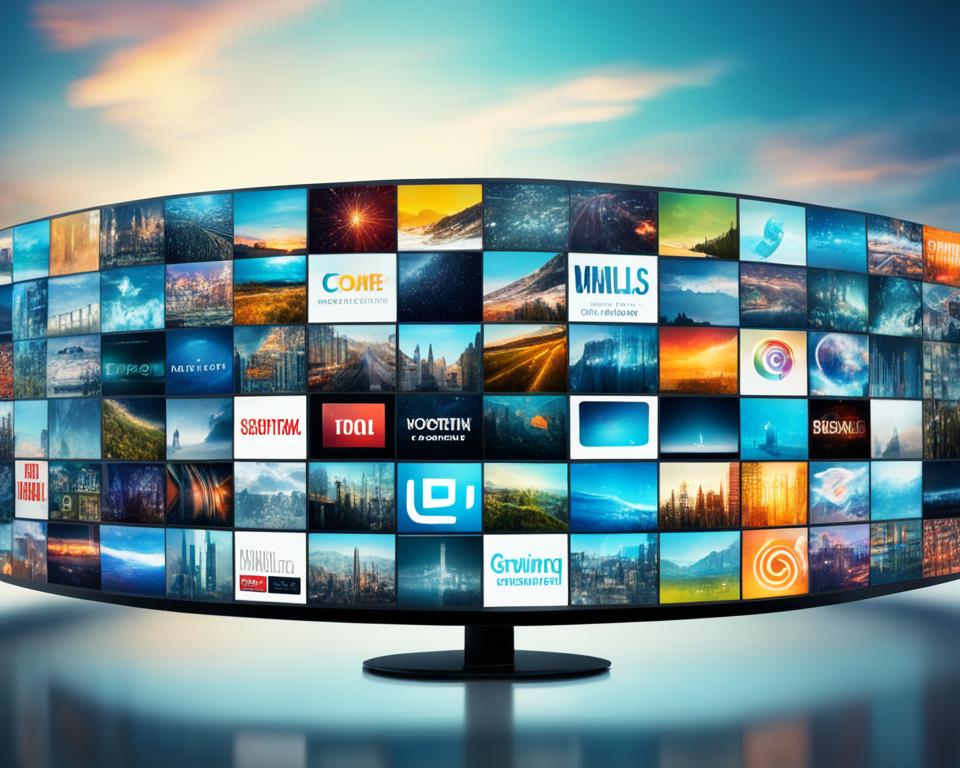In recent years, the way we consume entertainment has undergone notable shifts. Due to the emergence of high-speed internet and advancements in technology, traditional television is slowly being replaced by a new contender: Internet Protocol Television, or IPTV. This transition is not merely superficial; it represents a profound shift in how audiences interact with and consume content. As viewers demand increased flexibility, variety, and personalization in their viewing experiences, IPTV is rising to meet these demands, providing a glimpse into the upcoming era of television.
IPTV offers a service that caters to the changing preferences of modern consumers. Gone are the days when audiences were bound by rigid broadcasting schedules and narrow content choices. With IPTV, viewers have the freedom to select their viewing times and methods their favorite shows, movies, and live events. The ability to watch shows on various devices, from smartphones to smart TVs, further enhances the appeal of this platform. As we delve deeper into the reasons behind the growing popularity of IPTV, it becomes clear that this innovative technology is not just altering our experience with media but is poised to transform the complete realm of entertainment.
Understanding IPTV Innovation

IPTV, is a method of providing TV programs through the internet rather than through conventional means like satellite or cable services. This technology uses a broadband connection to send TV feeds, enabling users to stream programming instantly to their smart devices. With the rise of fast broadband access, IPTV has become progressively popular, offering a significantly adaptable and convenient viewing experience.
One of the core aspects of IPTV lies in its capability to support demand-driven functionality. Viewers can select which to view at any moment, instead of being limited to a predefined programming. This change in viewing habits meets the contemporary consumer's desire for ease and personalization. Additionally, IPTV often includes functionalities like stopping, rewinding, and fast forward, thereby enhancing the user experience.
Moreover, these services offerings are typically available through subscriptions, providing different plans that can be customized to suit personal needs. This enables consumers to select programs, shows, and content that are most to them. As a consequence, this method is not just a novel method of watching TV; it signifies a significant shift in how we engage with entertainment, making it an attractive option for the prospects of media consumption.
Perks of Internet Protocol Television Versus Legacy Television
One of the key benefits of IPTV is its capacity to offer on-demand content. Viewers can enjoy a wide library of shows and films at any time, removing the boundaries of regular broadcasting calendars. This liberty allows viewers to view their beloved programs when it works for them, improving the overall watching experience. With premiumiptvpro.com , the power is in the control of the user, empowering them to curate their personal entertainment lineup.
A further key feature of IPTV is the high level of customization it delivers. Many IPTV services leverage cutting-edge algorithms to suggest content based on users' interests and viewing patterns. This individualized approach means that users are more likely to come across new series and movies that appeal with their interests, fostering a deeper connection with the content. Legacy broadcasting generally does not provide this level of tailoring, restricting viewers to a uniform choice.
Moreover, IPTV frequently provides enhanced picture and sound quality compared to legacy TV. With the rise of high-definition and even four K streaming, IPTV can offer a more immersive viewing experience. This improved quality is notably attractive for sports events and movie releases, where every detail is important. As internet bandwidth continues to enhance, IPTV will only turn more adept at offering top-notch content that fulfills even the most discerning viewers.
Future Trends in IPTV and Content Delivery
The realm of IPTV is poised for rapid evolution as advancements in technology continue to reshape content delivery. One of the most significant trends involves the incorporation of artificial intelligence to tailor viewing experiences. AI algorithms can analyze user preferences and viewing habits, enabling providers to offer specific recommendations and tailored content. This level of tailoring enhances user engagement and satisfaction, making IPTV an even more compelling option for consumers desiring relevant and enjoyable entertainment.
Furthermore, the rise of 5G technology is set to bolster IPTV services by providing speedier and more reliable connections. With lower latency and improved bandwidth, users will enjoy uninterrupted streaming experiences, even for 4K content. This technological leap will upgrade the quality of service but will further motivate content creators to produce more immersive, more immersive viewing experiences, further driving the adoption of IPTV solutions.
Finally, the growing trend of merging IPTV with other digital services, such as interactive gaming and social media, is reshaping how consumers interact with entertainment. As providers explore innovative content packages that merge video streaming with interactive and social features, users will find greater value and convenience in IPTV subscriptions. This integrated approach to content delivery establishes IPTV as a nucleus of entertainment, offering a variety of options that cater to the evolving preferences of modern viewers.
